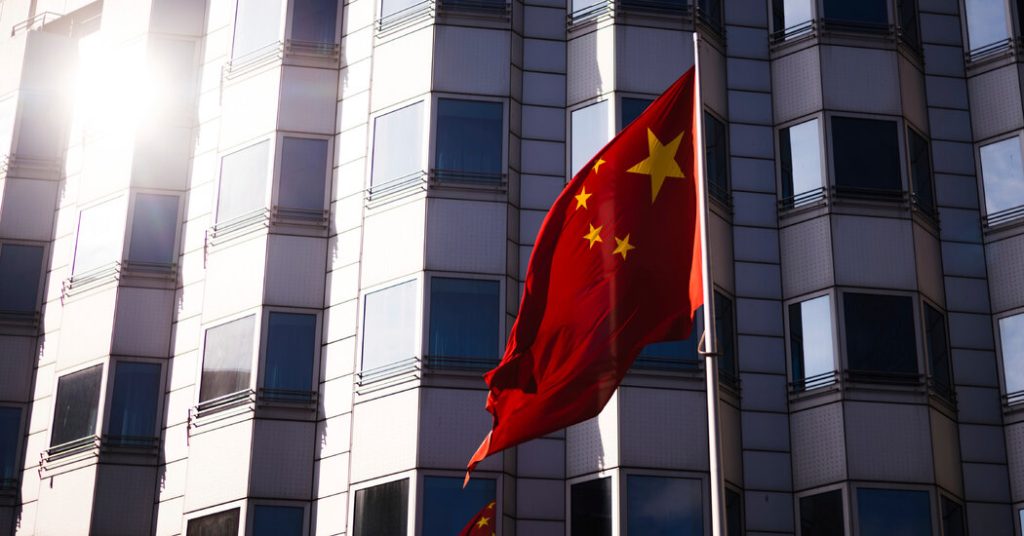Recently, six individuals in Europe were charged with espionage on behalf of China, in cases involving two Britons and four German citizens. These arrests serve as a significant milestone in Europe’s growing concerns over Chinese influence in political and economic spheres. In response to these espionage accusations, European countries have also taken action against perceived unfair trading practices by Chinese companies. The European Commission, for the first time, conducted a raid on a Chinese security equipment supplier under a new anti-foreign subsidy law.
There has been a shift in Europe’s stance towards China, moving from denial to a more cautious and strategic approach. Despite some European countries maintaining friendly relations with China, such as Hungary, the broader sentiment has become more focused on protecting European interests from Chinese espionage and influence operations. This shift in perception has been influenced by a series of espionage cases in Britain and Germany, signaling a heightened response from European nations to the threat posed by Chinese interference in democratic processes.
The recent espionage accusations reflect Europe’s broader awakening to the risks posed by China’s activities, beyond just economic espionage. China’s efforts to influence decision-making processes abroad and obtain sensitive political information have led to increased vigilance in European countries. The shift in attitudes towards China can be seen in statements from British Foreign Secretary David Cameron, who now sees China as an “epoch-defining challenge” and has criticized its actions on the global stage.
Germany, in particular, has been vocal about the dangers of Chinese espionage and influence activities. Despite being Germany’s largest trading partner, China’s activities have raised concerns about the security of business, industry, and science. Germany’s interior minister issued strong warnings about the threats posed by Chinese espionage, prompting a response from China’s foreign ministry denying the allegations. This marks a departure from previous approaches where China’s activities were not publicly called out.
The cases of espionage in Germany involved individuals passing on sensitive information about German marine propulsion systems to China. The use of a company called Innovative Dragon as a front for these activities highlights China’s efforts to acquire valuable technological know-how. The involvement of a Chinese-German man accused of working for China’s Ministry of State Security has raised further concerns about covert political meddling. European authorities have begun investigations into these cases to determine the extent of political interference.
As China continues to expand its influence in Europe, the recent espionage cases have underscored the need for a more comprehensive response to Chinese interference. European countries are increasingly aware of the risks posed by Chinese espionage and influence operations and are taking steps to safeguard their interests. The upcoming visit of Chinese President Xi Jinping to Europe will be closely watched as countries navigate the delicate balance between economic cooperation and national security concerns in their relations with China.














